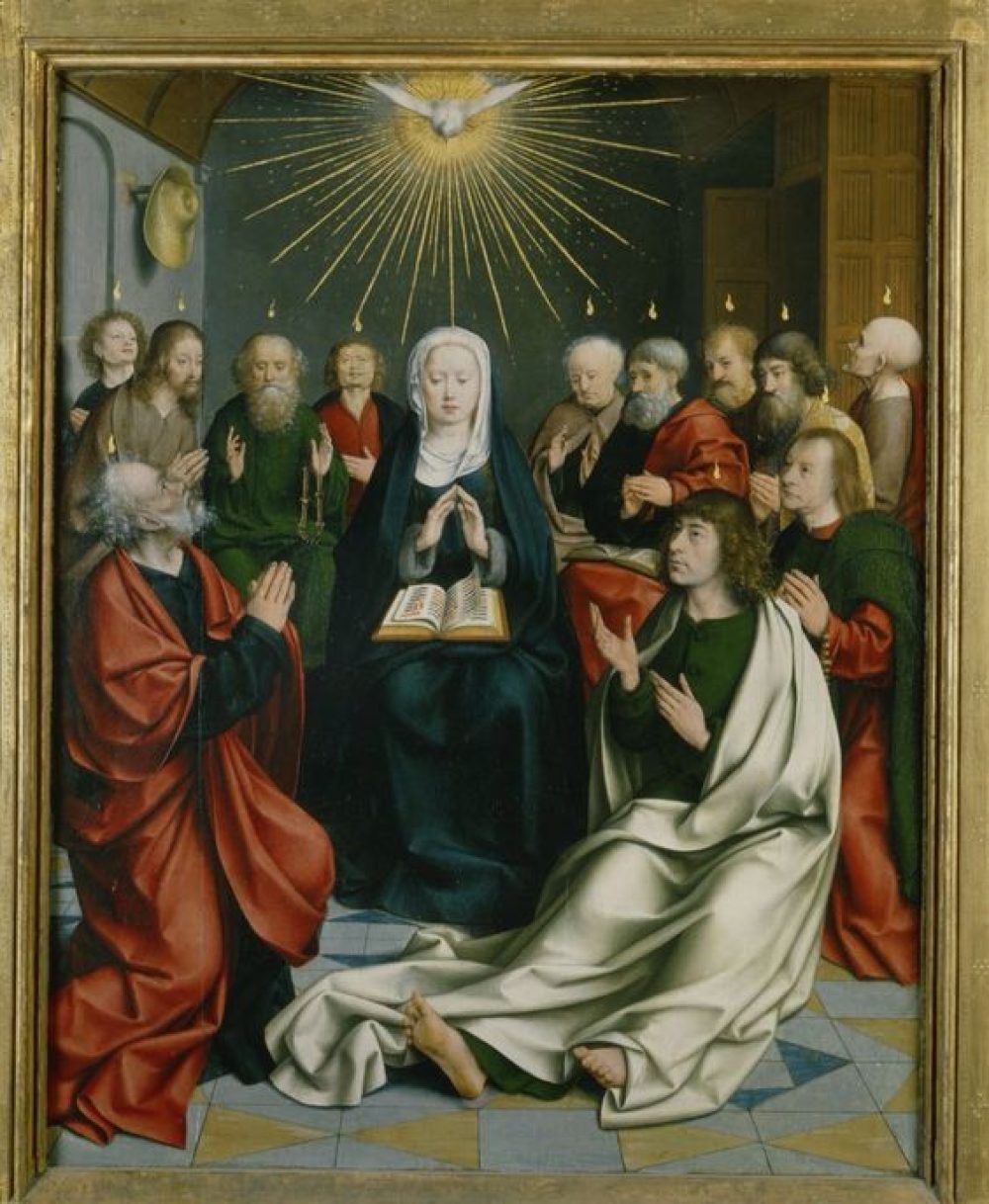
How do I discern a possible vocation with the Order?
Are you monks?
No. Monks (and most who live a Consecrated Life, for that matter) take the ‘Evangelical Vows’ of Poverty, Chastity and Obedience. Cistercians, like Benedictines, also take three vows, namely, Stability, Conversion of Life (or character) and Obedience. Anglican Cistercians are not necessarily celebate (although some of us are) and we do not live together in a monastery. Benedictines and Cistercians who have taken religious vows and live as celibates and in a community (a monastery) are monks (or nuns). Anglican Cistercians are known as ‘Brothers’.
How important is age and the seize of the community?
The vitality of our Community does not depend so much on the age of the individual or the number of members as on their manner of living the Cistercian life.Transmitting the faith in Christ means to create the conditions for a faith which is thought-out, celebrated, lived and prayed: in short, this means fully participating in the life of the Church.
What is not believed or lived by our Community cannot be passed on.
The community is the first formator when the search for God is alive and present in the members. Each one is responsible for passing on the monastic values to the next generation. A happy and coherent example of the professed members is vital for the new ones to persevere. They will follow what they can see and touch.
A community vision is also important, sustained by the teaching of the superior.
A community needs to be united and what makes this happen is true dialogue. This is where hearts are changed and grace works. The reality of candidates today requires, more than in the past, a serious and humble discernment in regard to the candidate’s vocation or the community’s ability to form him. Even though the community is not perfect it can still make demands on the candidate in relation to his following of Jesus. The capacity to give oneself is part of any authentic call to follow the Lord. We should not give in to the illusion that in making life easier or lowering our ideals we can expect to find the person fulfilled.
The community’s role is to help each person integrate what he receives, so that he can interiorise it and be transformed by it. Because of this initial formation should be more about immersing the person in daily life and in lived monastic values rather than about intellectual formation. It is more about bringing the person into contact with Christ than about catechesis.
The Order must thus become a community of witnesses to the Gospel.
Residency
I live outside Great Britain. Can I still apply?
The Order can only accept applications from men who live within the jurisdiction of an Anglican diocese in Great Britain (i.e., England, Scotland, and Wales).
I live in Canada or the United States
There are people in the Americas who are keen to establish another branch of our Order over there. Whosoever wants to consider establishing Anglican (Episcopalian) Cistercians in the US or Canada, must be aware of the rules and guidelines as laid down by the Conference of Anglican Religious Orders in the Americas [CAROA] as well as the House of Bishops’ Standing Committee on Religious Orders in the Anglican Church of Canada, and the National Association for Episcopal Christian Communities [NÆCC].
We understand that no dispersed Anglican Communities in the US can use or incorporate the name of an established religious Order (i.e., such as ‘Cistercians’).
Please e-mail the Revd Dr Donald Anderson (General Secretary) CAROA [dwa1319@gmail.com] for further information and advise.
Please note that we (the Anglican Order of Cistercians) cannot assist in this matter, unless a formal link has been established with CAROA and NÆCC in the first instance.
Associates, Oblates & Friends
Do you have Associates, Oblates or Friends of the Order?
Cistercians, unlike some Benedictine Orders, do not have ‘Oblates’. Some Cistercian abbeys do, however, have ‘Associates https://www.ocso.org/who-we-are/our-lay-associates/
From time to time we have a small group of Associates who live alongside our Community by supporting us in a variety of ways. We, on our part, keep them informed and encourage them in their vocation. – Membership is generally at the invitation by the Prior only.
General Information
Are all men who live the Religious Life monks?
No. Only those who are members of a Monastic Order (Benedictines, Carthusians and Cistercians) are monks. Then there are the Mendicant Orders. These are Friars (Franciscans, Capuchins, Carmelites, Dominicans). Monks are not Friars and Friars are not Monks. Furthermore, there are also (Regular) Canons, such as the Augustinians. Martin Luther was an Augustinian. Augustinians are not monks, but Canons.
What are Evangelical Vows?
These are named after the so-called Evangelical Counsels: Matthew 19:10-12, Matthew 19:16-22, Mark 10:17-22 and Luke 18:18-23.
The Anglican Order of Cistercians do not make the Evangelical vows. We do, after all, not share a common purse, amongst other things. Instead we, in common with all Benedictines and Cistercians, make the vows of Stability, Conversatio, and Obedience. Please read the section ‘About our Vows’.
